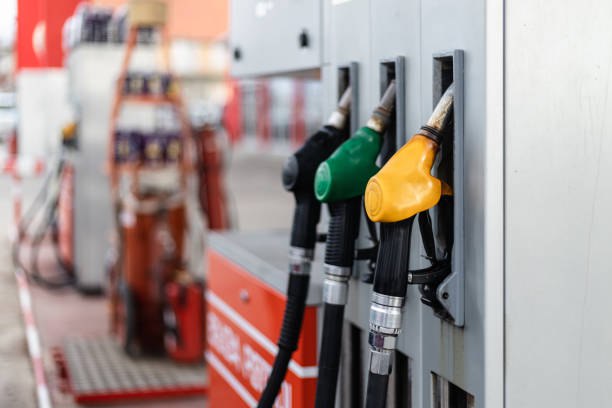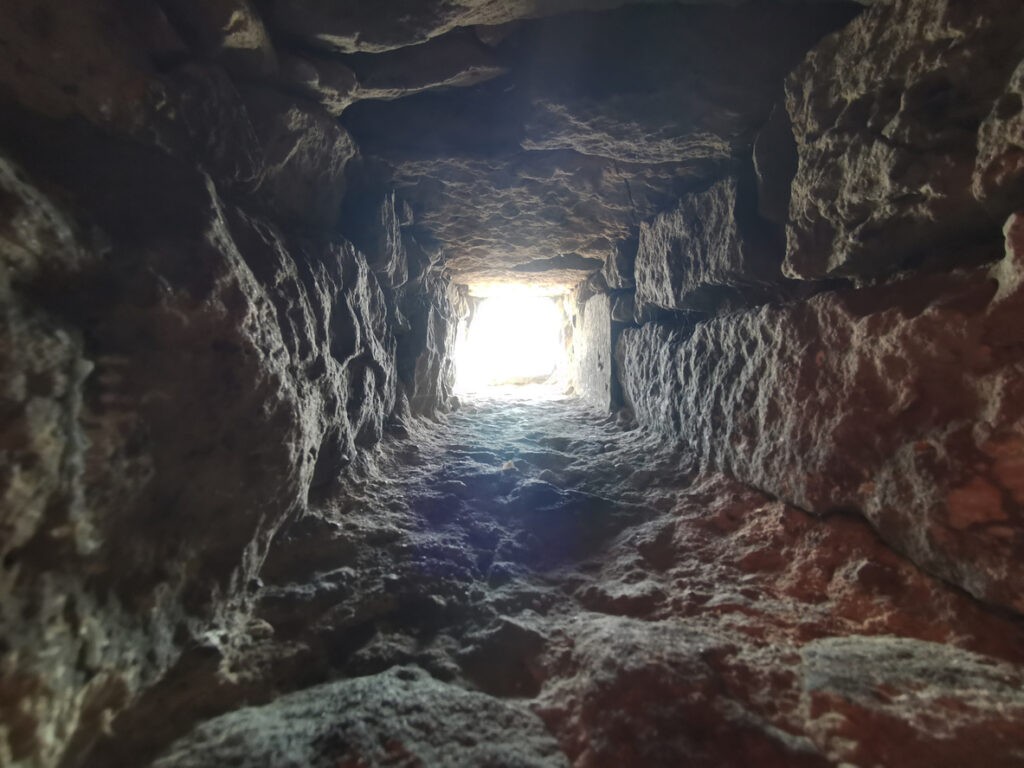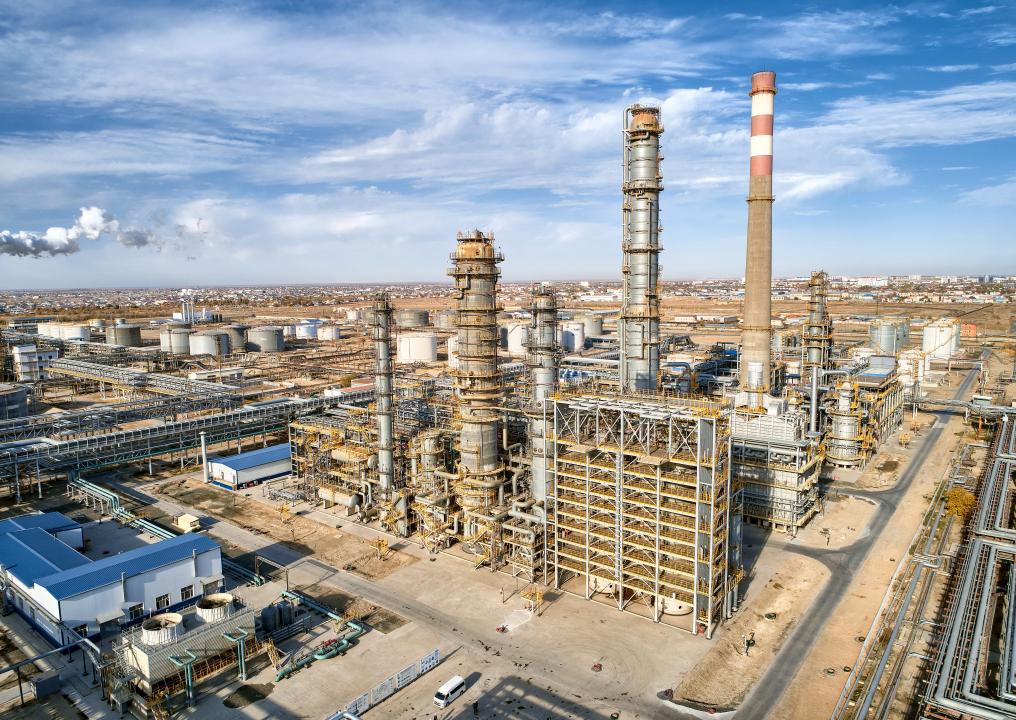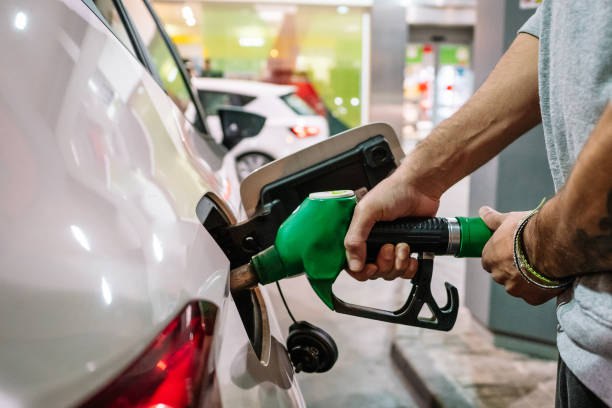Kazakhstan Bans Export of Gasoline and Diesel Fuel
Kazakhstan has officially banned the export of gasoline and diesel fuel by road and rail, according to a government decision that came into effect on January 29, 2025. The restriction is outlined in amendments to the joint order “On Some Issues of Export of Oil Products from the Territory of the Republic of Kazakhstan,” which were approved by the Minister of Energy, the Chairman of the National Security Committee (KNB), and the Ministers of Finance and Internal Affairs. Scope of the Ban and Exceptions Under the new regulations, the export of petroleum products - including to member states of the Eurasian Economic Union (EAEU) - is prohibited via road transportation. "Introduce a ban on the export of gasoline, diesel fuel, and certain types of petroleum products from the territory of the Republic of Kazakhstan, including to the EAEU member states, by road transport," the official statement reads. However, the government has outlined several exceptions: Lubricating oils may still be exported. Fuel contained in vehicle gasoline tanks is permitted for export, provided it meets factory specifications. Aviation fuel may be exported for scientific research, additive testing, laboratory studies, and industrial production, subject to government approval. Petroleum products designated for humanitarian aid are exempt from the ban during the period from September 29, 2024, to March 29, 2025. In addition to road transport, railway exports are also restricted, with limited exceptions. Gasoline exports within the framework of state-approved plans, as well as fuel deliveries for humanitarian aid and disaster relief efforts, will be permitted between February 1 and March 29. Government’s Rationale for the Ban The Ministry of Energy stated that the new restrictions aim to prevent fuel shortages in the domestic market. The move comes amid discussions about phasing out state regulation of fuel prices. As The Times of Central Asia previously reported, the Kazakh government is considering a gradual liberalization of gasoline and diesel fuel prices to reduce price disparities with neighboring countries and curb the illegal export of fuel and lubricants.






